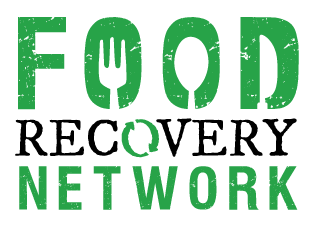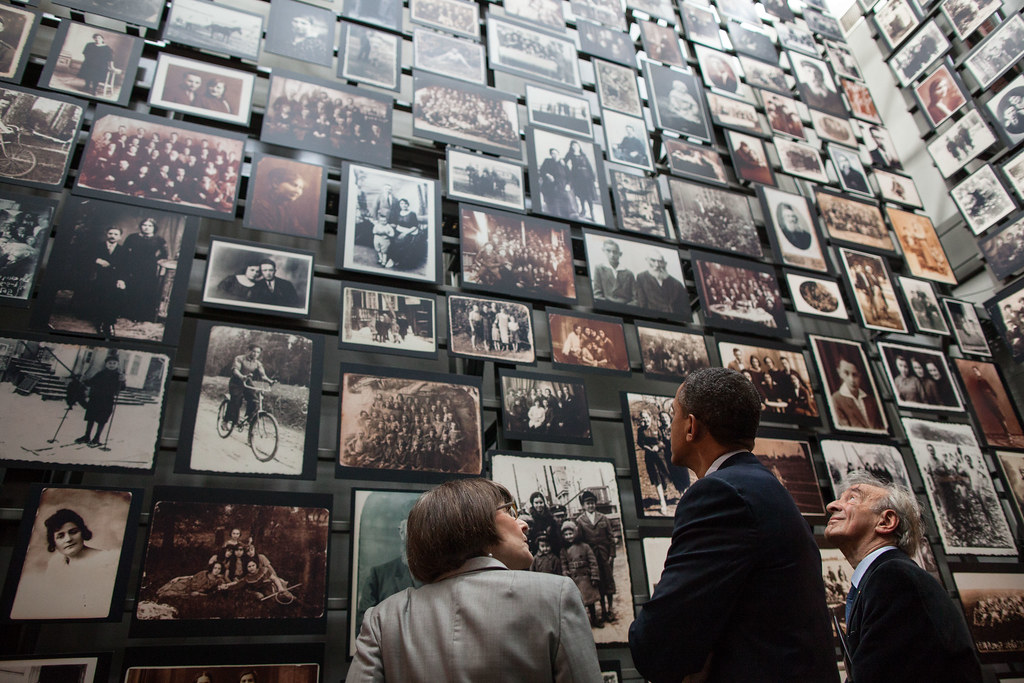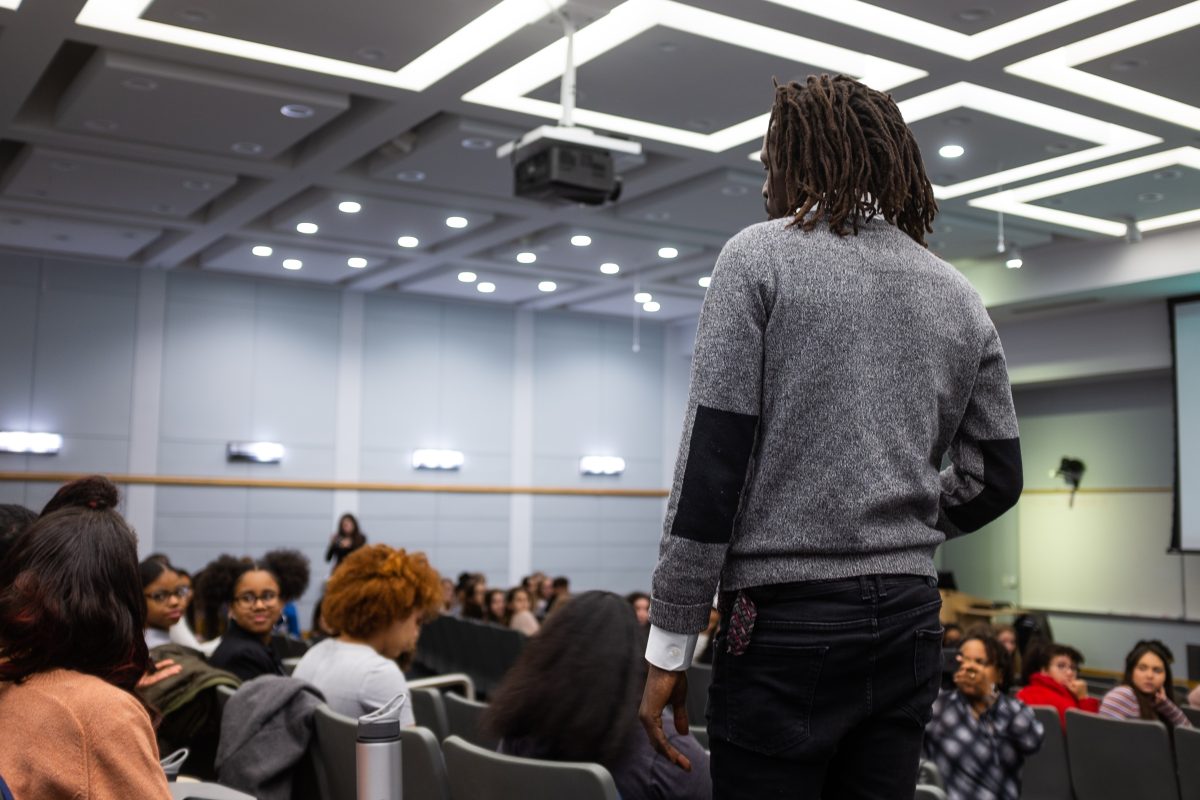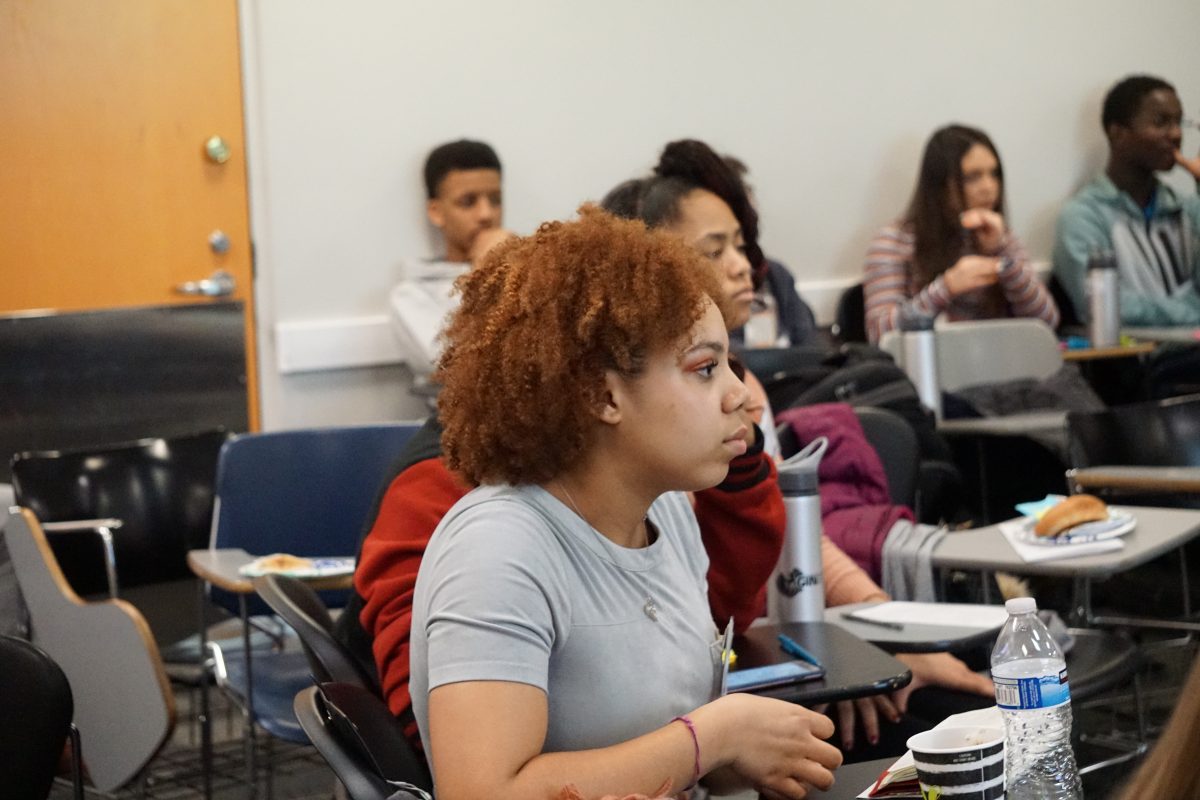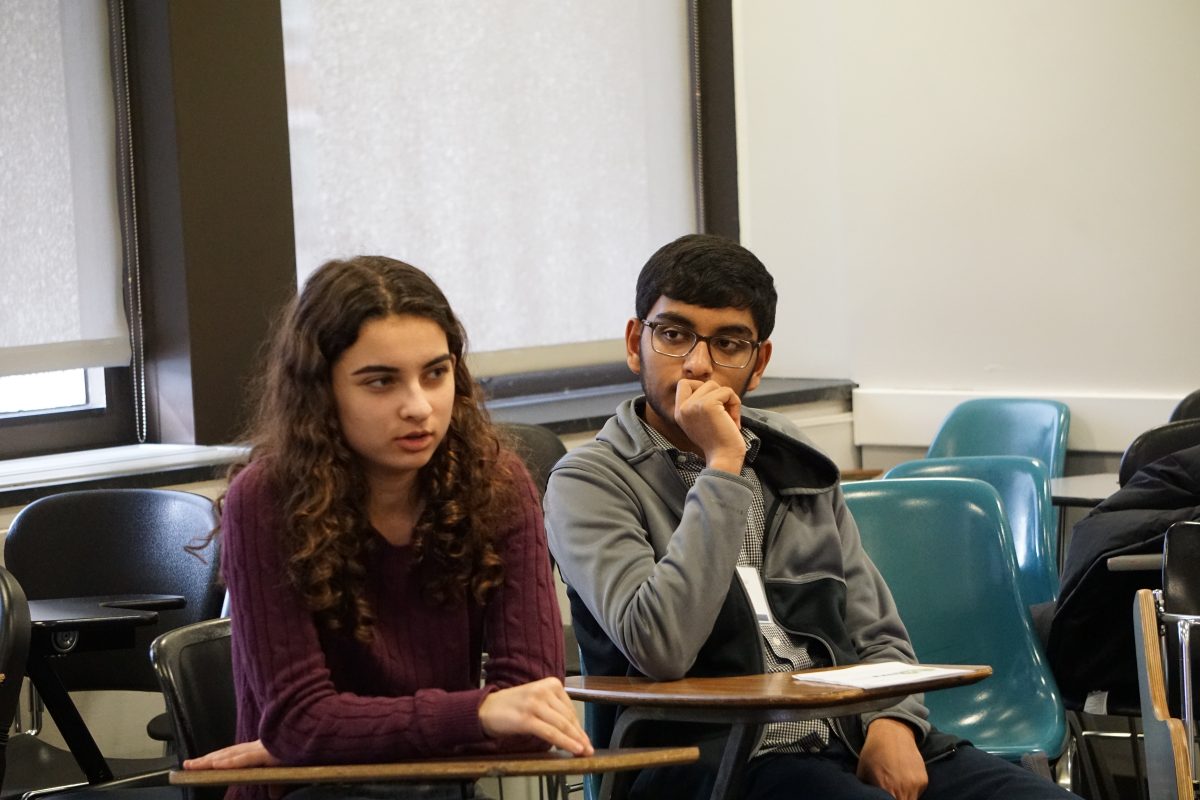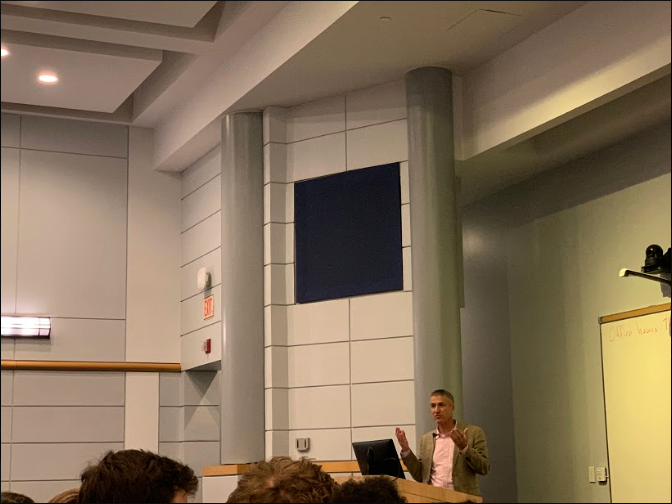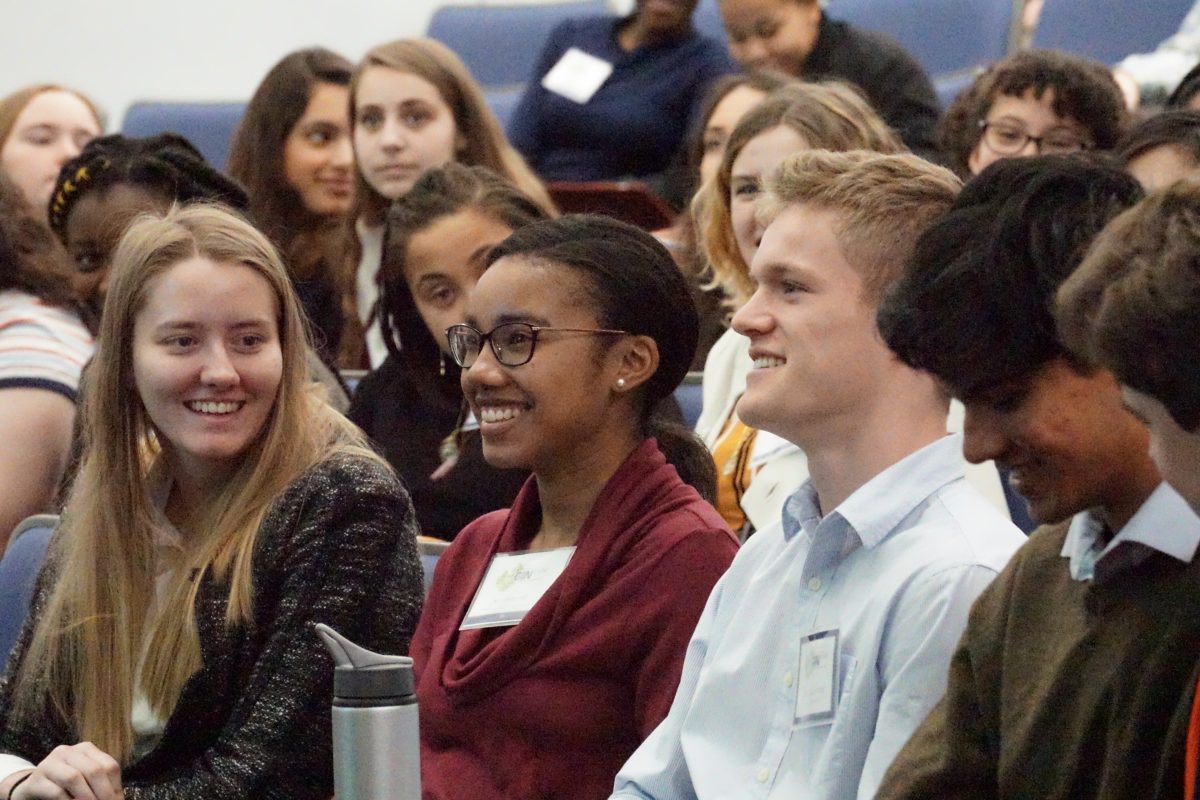The Food Recovery Network is a national, non-profit organization founded by college
students to combat hunger and food waste. Founded by GIN presenters Mia and Cam, as well as fellow University of Maryland student Ben, the Food Recovery Network rose into existence because these three students noticed that at the end of the school day, pounds and pounds of perfectly edible food were being thrown away and wasted. Seeing this, the most important question became: how can we prevent food waste?
40% of the food that Americans produce is wasted while one in six people go hungry: in the United States alone, we waste enough food daily to fill the Rose Bowl Stadium twice.
With this in mind, how can we as students prevent food waste? At the University of Maryland, Mia, Cam, and Ben developed a program where the students “became the liaisons between the campus dining hall and the community”: they began collecting the uneaten food from the dining hall every evening and then transported it to a nearby partner agency, which would donate the food to underprivileged members of the community suffering from hunger. This simple program became the foundation of the Food Recovery Network, which has since recovered and donated 1.2 millions of uneaten food from college campus dining halls that would have been thrown away, and has 182 chapters in college campuses around the country.
If the Food Recovery Network is a program for college students, how can high school students contribute to reducing food waste? We can start within the walls of our own homes, preventing still-edible leftovers from being thrown away after meals. A family of four wastes, on average, almost $2,000 of food a year.
Reducing this number can have a big impact on the overall amount of waste produced by the US. We can talk to the staff in our cafeteria if we are even just curious about the food that is used or wasted every day. In their presentation, Mia and Cam were adamant that a little effort can go a long way.
“Stop doubting yourself,” Cam said, “and see yourself as someone who is able to enact change over the massive, imposing issues that you’re passionate about.”
By Karina Cheah
































































